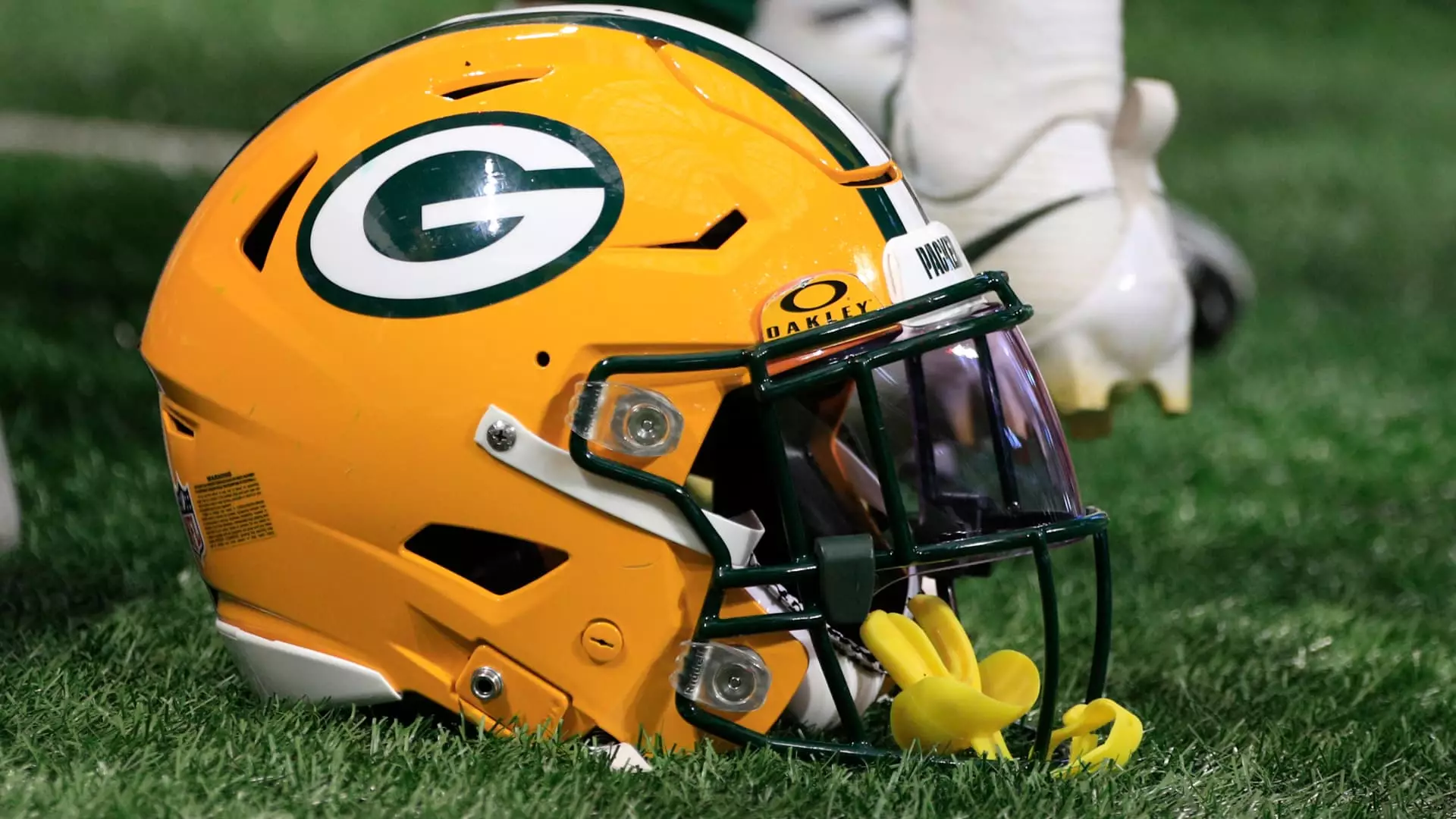The Green Bay Packers, a member of the National Football League (NFL), stand apart from the rest of the league in terms of ownership structure. Unlike other NFL teams that have private ownership, the Packers are the only team that operates under a publicly owned model. This unique arrangement has been in place for over a century, with the team being owned by stockholders, many of whom are dedicated Packers fans.
The Packers have conducted six stock offerings throughout their history, starting in 1923 and most recently in 2021. These offerings have resulted in over 5.2 million outstanding shares being owned by more than 538,000 individuals. Shareholders have the privilege of attending the team’s annual meeting and voting for a board of directors. However, unlike traditional stocks, Packers shares pay no dividend, are nontransferable, and have no intrinsic market value.
Although shareholders do not receive any financial gains from their ownership, the team generates revenue through various channels. In 2023, the Packers brought in $638 million in revenue, with earnings before interest, taxes, depreciation, and amortization reaching $128 million. This revenue is used to cover player salaries, maintain Lambeau Field, and support marketing efforts. The only member of the executive committee who receives compensation is the president.
The unique ownership structure of the Packers limits the amount of shares an individual can own to 200,000, which is less than 4% of the team’s outstanding shares. Additionally, private equity investors are restricted from owning more than 10% of an NFL franchise, a rule that would not align with the Packers’ publicly owned model. The infrequent nature of stock offerings also presents a challenge for fans who wish to own a piece of the team.
Aside from its ownership structure, the Green Bay Packers differ from other NFL teams in various ways. The team is based in the smallest television market among all 32 franchises and does not benefit from high levels of tourism like other cities with NFL teams do. Despite these challenges, the Packers have maintained long-term stability, particularly in the quarterback position, transitioning seamlessly from Brett Favre to Aaron Rodgers to Jordan Love.
The Green Bay Packers’ ownership model sets them apart from the rest of the NFL and the broader landscape of professional sports. The team’s commitment to public ownership, financial transparency, and community engagement has solidified its position as a unique and revered franchise in the world of sports.


Leave a Reply